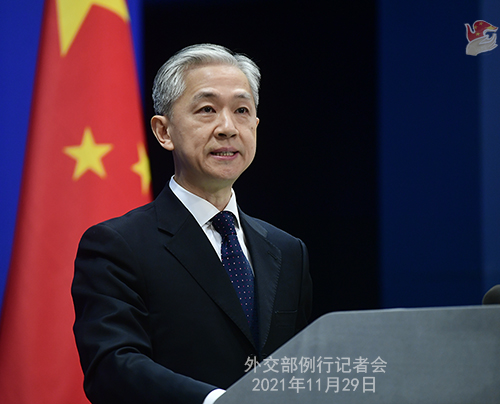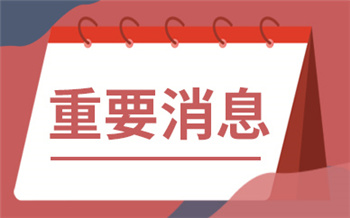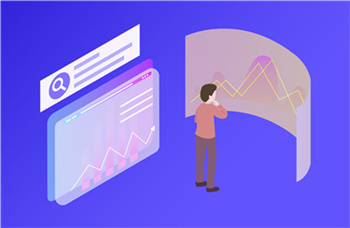【理论08】乐队花车效应, Bandwagon Effect-环球热推荐
乐队花车效应 Bandwagon Effect (Asch, Solomon 1951)
 (资料图)
(资料图)
释义
The tendency for people to adopt certain behaviors, styles, or attitudes simply because others are doing so.
参加者只要跳上乐队花车,就能进入主流,既能轻松享受游行中的音乐,又不用走路。
该效应又称从众效应,指当个体收到群体的影响(引导或施加的压力),可能会怀疑并改变自己的观点、判断和行为,朝着群体大多数人一致的方向变化,即随大流。
例子
从众表现:
(1)口服心服:表面服从,内心接受;
(2)口服心不服:出于无奈只能表面服从,违心从众;
(3)没有服不服:完全随大流。
原因
(1)群体因素:群体的规模、一致性、凝聚力,会让个体所感受的心理压力变大,倾向从众;
(2)个人因素:知识经验越多,往往越不从众;性格软弱的人,往往倾向从众;
(3)文化差异:社会鼓励独立、个性的程度(dependent vs independent);
(4)情景因素:受到信息模糊、权威人士影响。
如何应对
(1)保持理性、独立思考;
(2)提高判断力,使用批判性反问;
(3)知识经验融会贯通。
(4)辩证看待从众效应:大多数都认为从众行为扼杀了个人独立的意志和判断力。然而,在特定条件下,由于没有足够信息或者搜索不到准确信息,通过模仿他人的行为可能会有效避免风险、取得进步。
相关文献
Asch, Solomon. [1951] 1983. "Effects of Group Pressure upon the Modification and Distortion of Judgments." Pp. 260–70 in Organizational Influence Processes, edited by R. W. Allen and L. W. Porter. Glenview, IL: Scott, Foresman, and Company.
Kiss, Áron; Simonovits, Gábor (2014). "Identifying the bandwagon effect in two-round elections". Public Choice. 160 (3/4): 327–344.
Leibenstein, Harvey (1950). "Bandwagon, Snob, and Veblen Effects in the Theory of Consumers' Demand". Quarterly Journal of Economics. 64 (2): 183–207.
Van Herpen, Erica; Pieters, Rik; Zeelenberg, Marcel (2009). "When demand accelerates demand: Trailing the bandwagon". Journal of Consumer Psychology. 19 (3): 302–312.
关键词:






